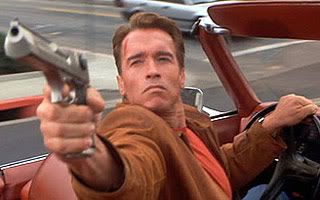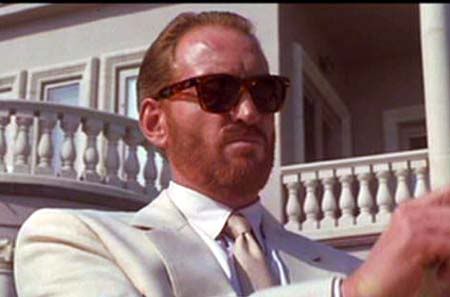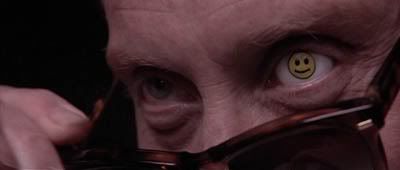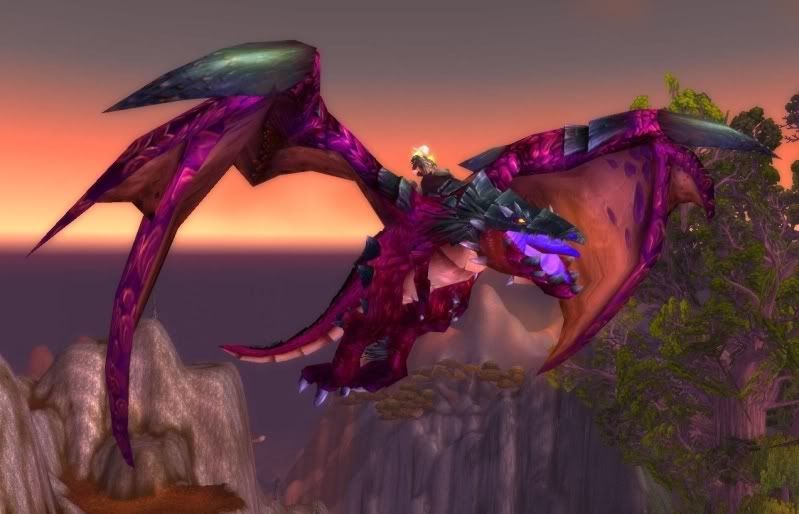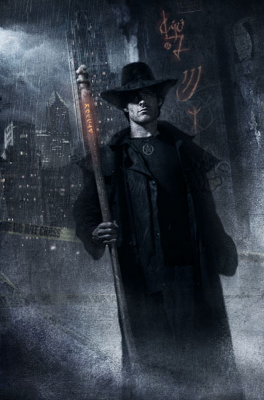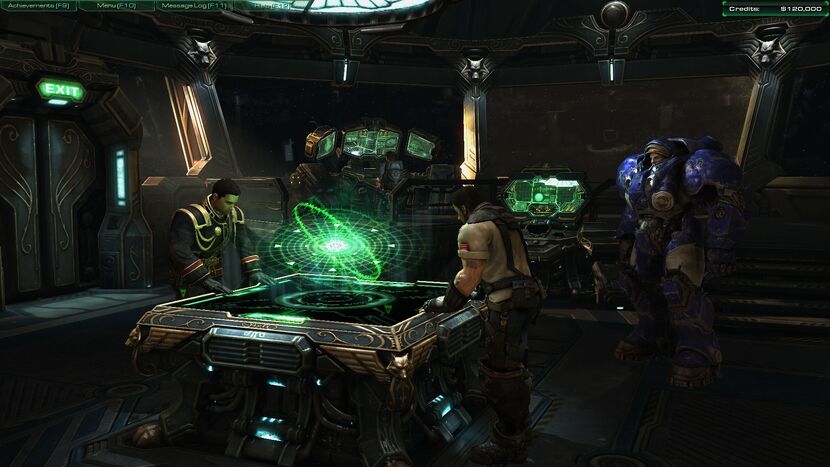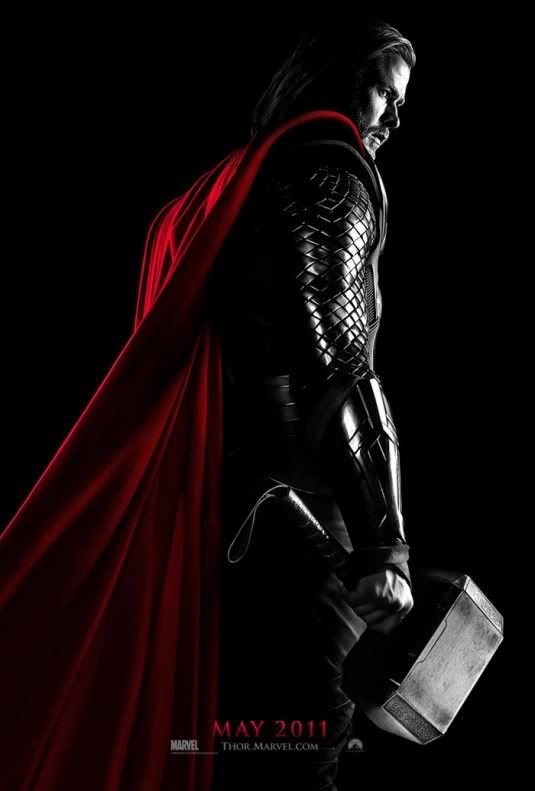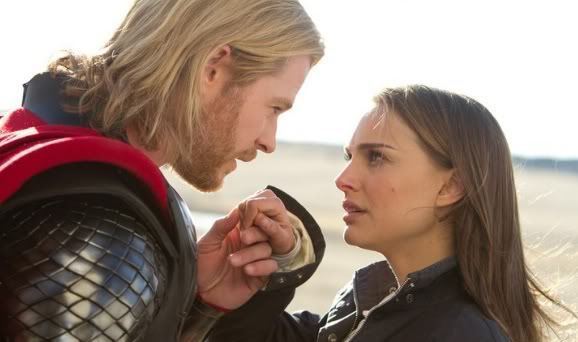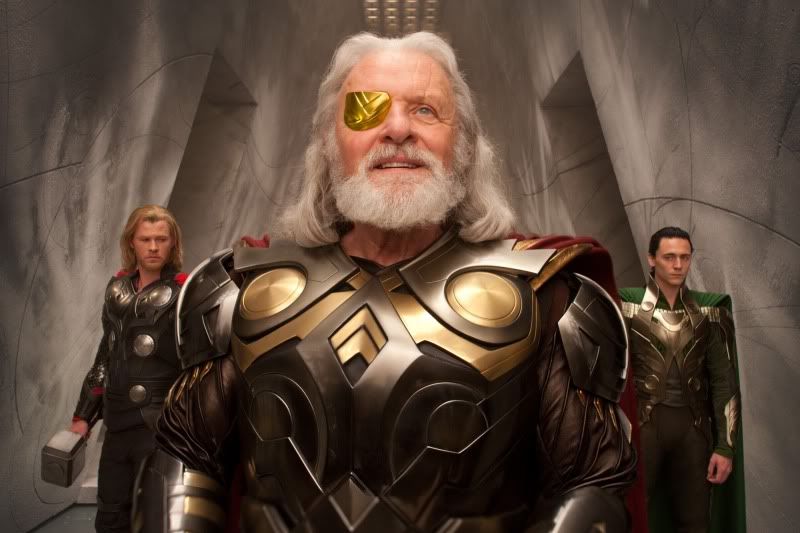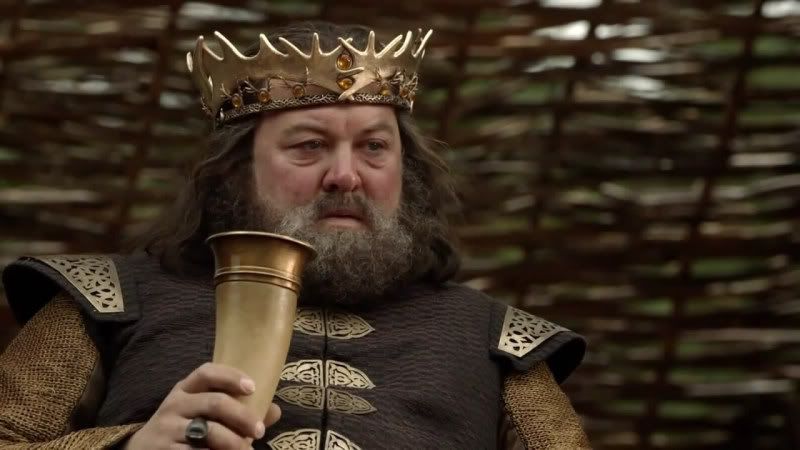A Beginner's Guide to Westeros: Great Houses — Blue Ink Alchemy
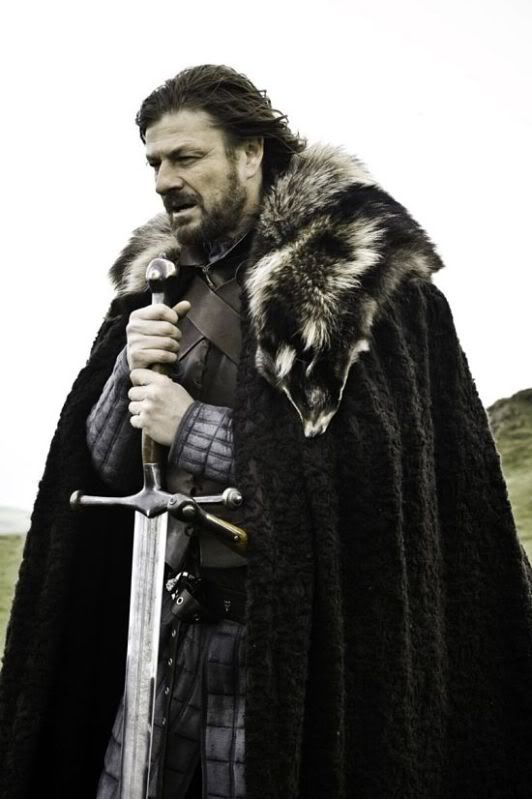
House Baratheon
Sigil: Stag Words: Ours Is The Fury After the deposing of long-standing House Targaryen, it could be said that the words of House Baratheon should become 'To the victor, the spoils.' It was Robert Baratheon, roused in his anger over the abduction of his beloved Lyanna Stark, who rallied the nobles of the Seven Kingdoms against Mad King Aerys. Boisterous both in battle and out, Robert swept from his ancestral home of Storm's End to take his vegeance. When it was over, he had won the Iron Throne. He wed Cersei Lannister to ensure that House's allegiance and named his mentor Jon Arryn the Hand of the King. His elder brother, taciturn Stannis, held the former Targaryen keep of Dragonstone, while his young brother, the dashing Renly, remained at Storm's End. Baratheon is a popular house, now more than ever, and while King Robert is perhaps not the most subtle when it comes to statecraft, he does his best to be a king of the people.House Lannister
Sigil: Lion Words: Hear Me Roar! When Robert Baratheon rode out to take the Iron Throne, the Lannisters of Casterly Rock answered his call. Tywin Lannister, lord of the House and feared by many, perhaps caught the scent of opportunity in the campaign of man with the appetites and aptitude of Robert. His twins, Cersei and Jaime, indeed played a great part in the fall of House Targaryen and the rise of Robert. Jaime, a member of the elite Kingsguard, was responsible for Aerys himself falling under the sword, an act which earned him the dubious nickname "Kingslayer." Bearing such a title is something Jaime shares with his younger brother, Tyrion. It is unclear if Tyrion is referred to as "the Imp" due to his dwarfish stature or the keen, conniving nature of his mind. Either way, both he and Jamie came to reside in King's Landing with their sister, who has become Queen of the Seven Kingdoms.House Stark
Sigil: Direwolf Words: Winter Is Coming The history of House Stark stretches back far beyond the unification of the Seven Kingdoms. It is said that they still bear the blood of the First Men, the mysterious people of the North who have all but vanished from Westros. Starks are known for quiet resolve, unyeilding strength and uncompromising honor, and no Stark better embodies these qualities than Eddard, Lord of Winterfell and Warden of the North. His sister, Lyanna, was taken from both him and her beloved Robert Baratheon long before her time, and when Robert took up arms to right this great wrong, Ned was right beside him. After it was done, however, he returned to Winterfell, dwelling here with his wife, Catelyn of House Tully, and their children - Robb, Sansa, Arya, Bran and Rickon. Among his household is also his bastard son Jon Snow and his ward, Theon Greyjoy. Ned feels his duty is to the North, to support the Night's Watch and maintain the vigil of Winterfell. After all, winter is coming...House Targaryen
Sigil: Three-headed Dragon Words: Fire & Blood For many years, the Targaryen kings ruled from the Red Keep in the capitol of King's Landing. It was Aegon I, after all, who used his dragons to bring the Seven Kingdoms to heel. Since then, dragons have passed out of common knowledge into myth, and the descendants of Aegon have mostly married within their own House. This had lead to members of the family sometimes displaying rather eccentric personalities. Aerys, the last Targaryen King, was called 'mad' for this very reason, and many who knew him, from Jaime Lannister to Eddard Stark, would tell you exactly why. Aerys' eldest son, however, was apparently free of the taint of madness. Rhaegar was a bookish but valiant and capable knight whom several believe would have made a better king, had he not been born second and had he not absconded with Lyanna. When Aerys fell, his younger children were spirited across the Narrow Sea to Pentos. Viserys is very much Aerys' son, from his countenance to his mentality, while Danaerys is a young and untested princess who has always been under the unkind hands and darkening shadow of her brother. If you would like to know more, please consult the official HBO viewer's guide or the Wiki of Ice and Fire (beware of spoilers). Also, if you find anything amiss or incorrect in these guides, please inform me.Blue Ink Alchemy
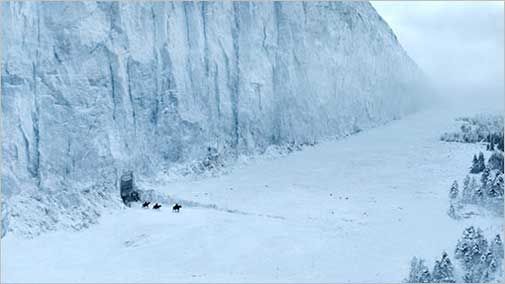
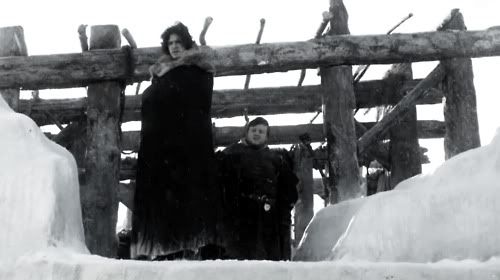
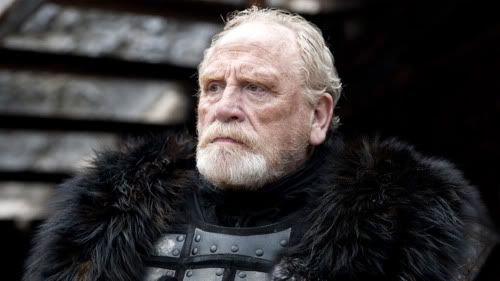

 [audio:http://www.blueinkalchemy.com/uploads/slater.mp3]
[audio:http://www.blueinkalchemy.com/uploads/slater.mp3]
